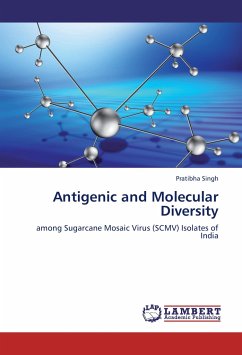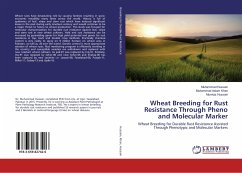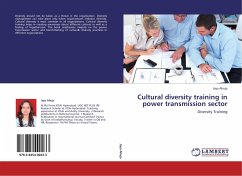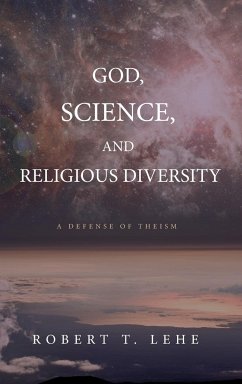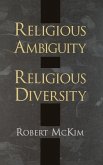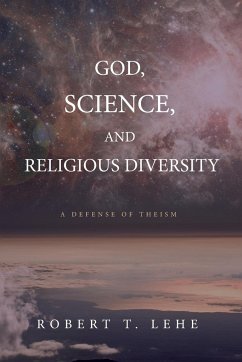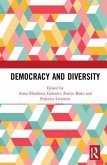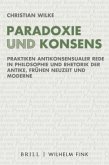The earliest reference of sugarcane is in Atharva Veda and Rig Veda (10,000-5,000 B.C.). Indian knew the art of sugar making since 3000 B.C. The word 'Ikshu' has now become 'ikh' in Hindi language, which is specific for Saccharum barberi. The 'Sarkara' for sugar is known only in Hindu Scriptures and not in Jewish, Talmud, Christian-Bible, Islam-Kuran scriptures. The Saccharum seems to originate from the Sanskrit word, Sarkara, is now being grown in about 100 countries of the world. The records also showed that sugarcane bagasse was used as fuel in India in 100 A.D. Sugarcane belongs to large grass family Poaceae, tribe Andropogoneae genus Saccharum, which consists of other, related genus and hence termed as "The Saccharum Complex". Mukherjee (1957) described that the genus Saccharum, Erianthus (Ripidium), Sclerostachya and Narenga consisted of a closely related interbreeding group concerned in the origin of sugarcane. All members of the 'Saccharum Complex' a term coined by Mukherjee had at one time been included in genus Saccharum by taxonomists as a maximum number of these were found in Indo- Burma-China region, which is the origin of Saccharum Complex.
Bitte wählen Sie Ihr Anliegen aus.
Rechnungen
Retourenschein anfordern
Bestellstatus
Storno

